
The translation industry is thriving with a rise in globalization. The role of translation skills has become more widespread today across different industries. We see translation in healthcare, bureaucracy, legal affairs, business, and entertainment. But you may wonder which industries benefit the most from these services. Why are translation services important across different industries?
In this article, we’ll explore the key role played by the translation industry in multiple niches. You’ll soon realize why translators are almost indispensable to the functioning of global business. The overreaching role of the translation and language services industry is something you can’t ignore.
Hopefully, this piece will help you decide which industry is most affected by the influence of the vital translation industry. Without further ado, here’s the explanation that you were looking for!
The Role of Translation Skills across Different Industries
The market size of the translation industry will exceed 55 billion USD by 2032. This same industry is thriving in an era of NLP, translation apps, and machine-assisted interpretations. More industries today realize the importance of human-assisted German to English translation services and similar services in rare, challenging languages. This is because certified translators offer the following benefits:
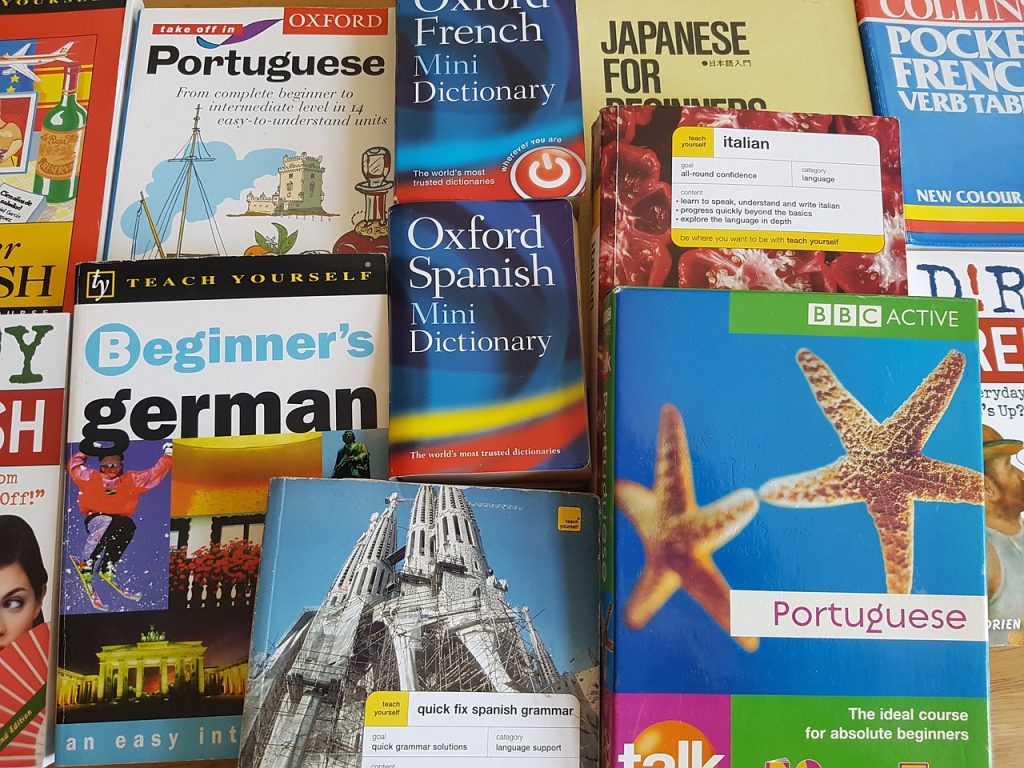
- Error-free, culturally appropriate translations
- Quality work with the correct word choice
- Data security and confidentiality of private information
- Legal validity and standing in an official capacity
- Protection from the liability issues caused by AI tools
- Immunity from racial or gender stereotypes that AI perpetuates
- Translation options in several rare and ancient languages
In this section, we’ll deeply analyze a few industries that are touched by the power of professional translation. You will realize that credible, experienced translators play a key role in expanding the global reach of these industries. These seven industries owe a lot to professional translators in the 21st century:
1. Translation in Healthcare
Professional translation plays a very important role in healthcare, where accurate communication isn’t just an industry standard but a matter of life and death. The United States is growing into a bilingual country and a region with racial diversity. Statistics already show that America won’t be a white-majority country by 2045, and 25 million citizens already lack English-speaking skills.
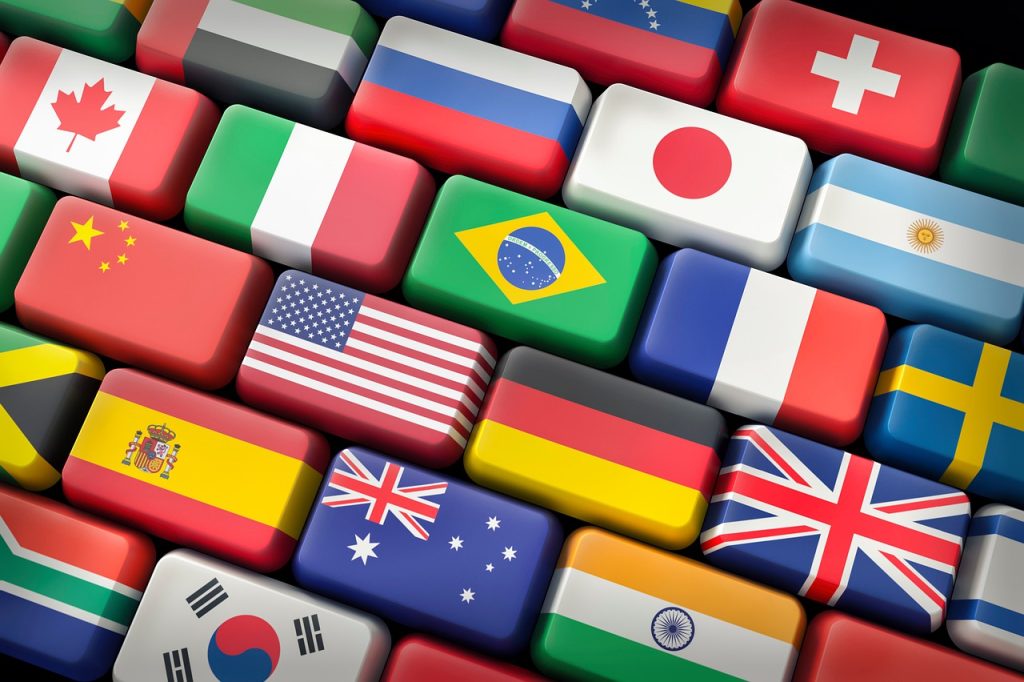
These citizens depend on professional translators and interpreters to communicate their medical needs to healthcare providers. Translators will contribute to the field of healthcare by:
- Translating patient records
- Accurately describing patient symptoms
- Providing clear instructions on medication labels
Translators are important in big pharma as well, where effective communication between patients and healthcare professionals is in dire need of an overhaul. Pharmaceutical literature and medical research will have to be translated as well to ensure the safe distribution of these drugs to different regions of the world where English isn’t the dominant language.
2. Translation in Finance
Likewise, professional translation plays a significant role in finance. It’s especially true today when financial organizations aren’t restricted to certain regions but have gone global. Globalization forces organizations to convey and receive instructions/guidelines in multiple languages, a necessity of living in this polyglot world.
All reports and agreements need to be translated correctly. International stakeholders may lose faith in a company due to translation errors, painting a strikingly different picture.

Consider Sharp, a Japanese company that lost many stakeholders and financial backers (observing a stark 10% in its stock price) when it first released a statement mentioning that “material doubt” existed about its future but back-peddled four days later and claimed that the “material doubt” statement was merely a translation error. It shows how just two words translated inaccurately can destroy a company.
3. Translation in Marketing
Imagine the embarrassment when your company is named Schweppes Tonic Water, but marketers rely on substandard translation services to inaccurately describe the product as “Toilet Water” to a foreign audience. A simple translation error can lead to huge marketing losses and ineffective advertisements. A hilarious set of stories comes into mind when exploring marketing fails stemming from companies either hiring low-level translators or using AI to translate their slogans.
- Pepsodent advertised its product as a teeth whitener in Southeast Asia but failed to realize that the target audience chews betel nuts to blacken their teeth.
- General Motors entered the South American market with the slogan No Va without realizing that it meant It Won’t Go when translated from Spanish.
- Mercedez-Benz targeted Chinese buyers by advertising their brand as Bensi but didn’t know that the word means “Rush Toward Death” in Chinese.

That’s why professional translation is the backbone of effective advertising in the 21st century. More and more companies are hiring transcreation experts who don’t only have the necessary linguistic expertise but also a keen understanding of the target audience’s cultural nuances; they can reword slogans to fit better in a different cultural context. US marketing wins in China thanks to these transcreation geniuses!
4. Translation in Legal
There’s no margin of error in legal document translation. Even a single error – a mistranslated clause or a new line added to the document – can decide the outcome of lawsuits. That’s why people hired to work on these documents need to have expertise in the legal realm as well as linguistic expertise.
In 2012, the petroleum company Occidental was awarded $2 billion when the government of Ecuador lost its lawsuit against the oil magnate. Poorly translated documents were responsible for the loss and pushed the tribunal’s final ruling in Occidental‘s favor. Similarly, Mead Johnson had to recall 4.6 million cans of baby formula because the incorrect instructions on the label could lead to infant death.

These few examples demonstrate why correct translation saves companies and even governments from legal disputes and liabilities. That’s why the legal industry depends so much on professional translation.
5. Translation in Education
When it comes to the role of translation in education, the role of translators goes far beyond teaching kids in their mother tongue. The Department of Education in the US maintains that schools must share important information with parents with Limited English Proficiency (LEP) in the language they speak. It can help them better understand their kids’ educational needs.
Similarly, professional translation ensures a non-English-speaking child has access to learning materials, tutorials, guidelines, and modules in their native tongue. It prevents cultural homogenization in which a single culture/language is imposed upon everyone regardless of their capacity to embrace it.
6. Translation in Tourism
When it comes to tourism, traveling, immigration, and residency in another country, you need to contact credible, certified translators to accelerate these procedures. Only hire the translated services accepted by USCIS because you can’t submit a DIY-translated document when entering the United States. Keep in mind that the USCIS won’t accept machine-translated birth certificates either.
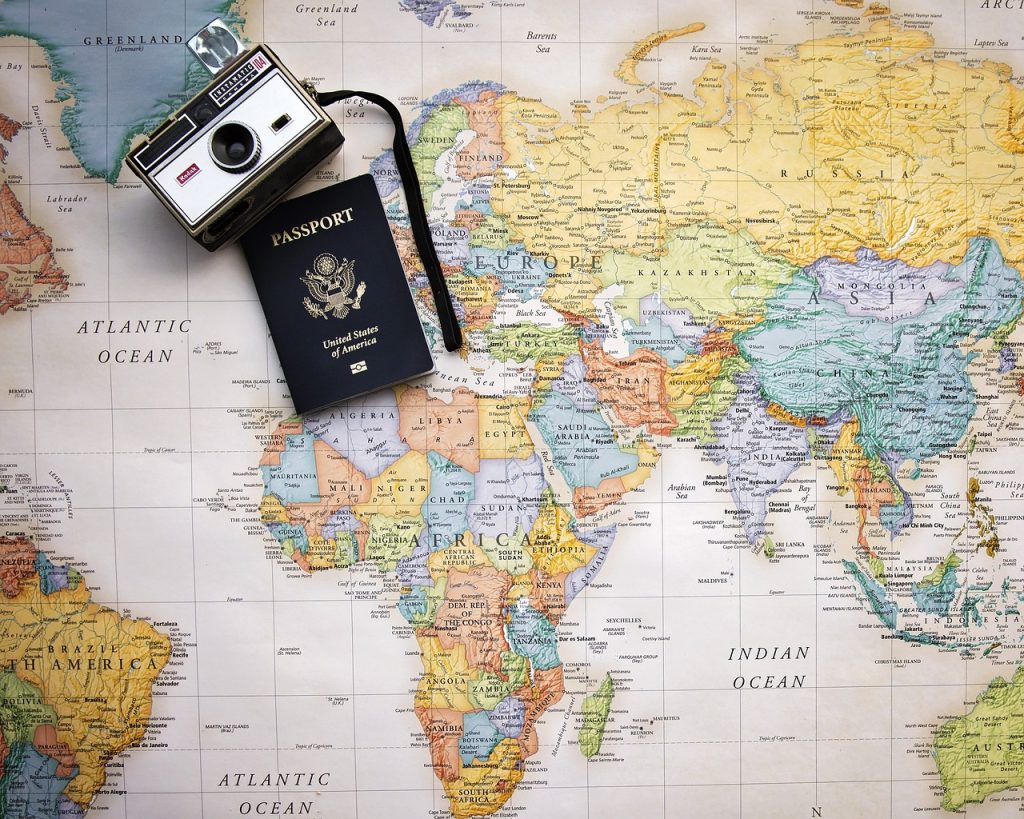
On the other hand, the hospitality sector has also evolved and uses professional translation to offer their guests 100% comfort. Safety guidelines and protocols are translated accurately to ensure the guests are following them. It prevents accidents and contributes to the growth of the tourism sector.
7. Translation in Media
Lastly, professional translation plays a vital role in mass media and entertainment. The industry is generating a lot of content in different languages. It’s later dubbed and furnished with subtitles so that a diverse audience would watch it. Video translation helps streaming services get viewership in regions like India and Pakistan. This is especially true when Amazon Prime, Hulu, Netflix, and other streaming services release fresh episodes every week, and they need accurate translations to connect with expecting viewers.
It applies not only to shows like Money Heist or Game of Thrones, which amassed a global reception due to the sheer power of multi-language translation. It also applies to Japanese anime, the success of which lies in the strength of subbing/dubbing. Furthermore, video games and mobile phone apps also rely on it to grow internationally.
For example, games like Pokemon Go! relied on translation as well as localization to connect with international users. It showcases the importance of translators in mass media.
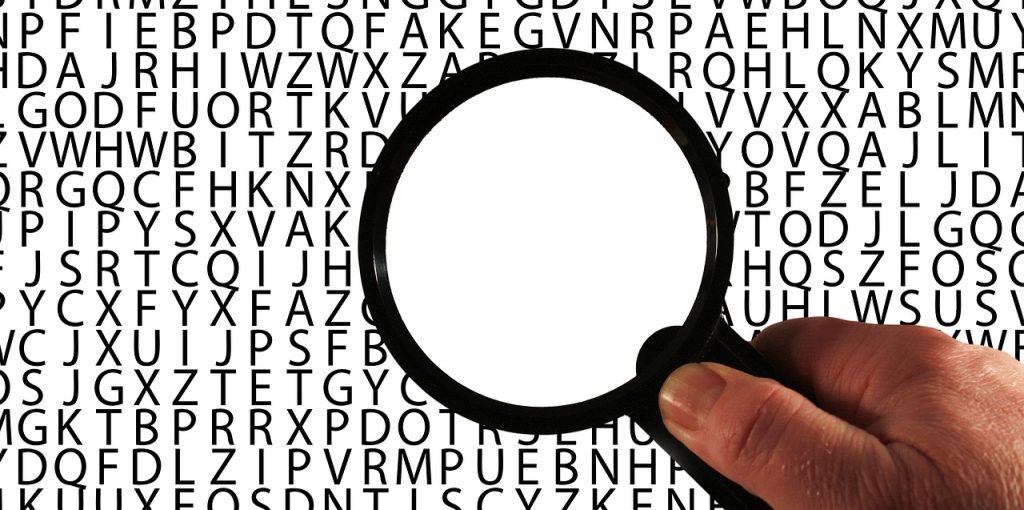
Conclusion
Different industries benefit from the services of credible, professional, and experienced translators. For example, translation services help patients communicate their symptoms to doctors accurately. Lawyers need accurate translations for legal compliance.
Business companies rely on transcreation professionals to market their products efficiently, and government agencies require translated documents to accelerate bureaucratic affairs. However, all industries must hire certified translators only.
Well-reviewed agencies like TranslateSwift employ decent translators. You can simply go online and order a swift translation right away in 120+ languages, delivered to your mailing address in a matter of 24 hours. Order a translation now and see for yourself the crucial role of translation skills in the world today. Professional translators are the backbone of the business industry.
FAQs – Industries Requiring Professional Translators
Do translators use technology or AI tools?
Yes, translators across multiple industries use computer-assisted translation (CAT). This technology helps them with editing, formatting, spell-and-grammar checking, proofreading, etc.
Will AI replace translators across different industries?
AI won’t be able to replace human translators fully in the future. However, the translation and language services industry will evolve by embracing collaboration between humans and machines.
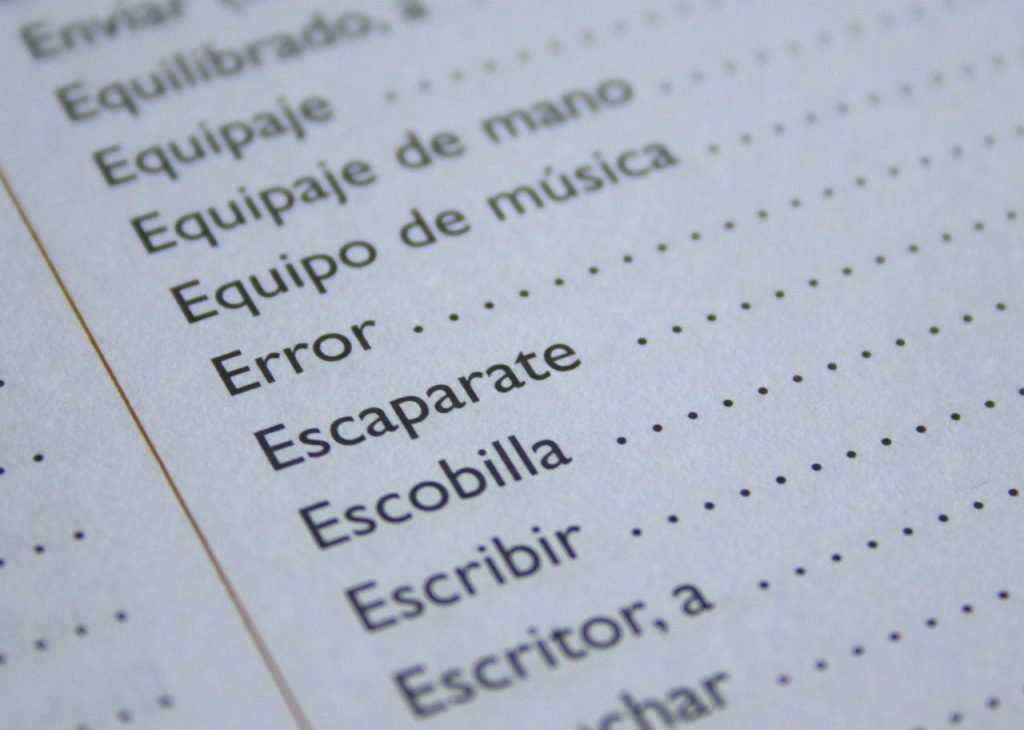
How do you become a professional translator?
You’ll require postgraduate qualifications to become a professional translator. Aside from the necessary language courses, you may attain a specialization in linguistics to advance in your career.
Which translators are paid the highest?
Japanese linguists and court interpreters are among the highest-paid translators out there. It depends on how sought-after a certain translation skill is; right now, these languages seem to be in demand:
- Arabic
- French
- Spanish
- Japanese
- Portuguese
How much does legal translation cost?
Translating a legal document can cost anywhere from $0.1 to $0.5 per word. Some companies charge a fixed price for a complex translation, but you can negotiate these rates when working with a freelancer.










